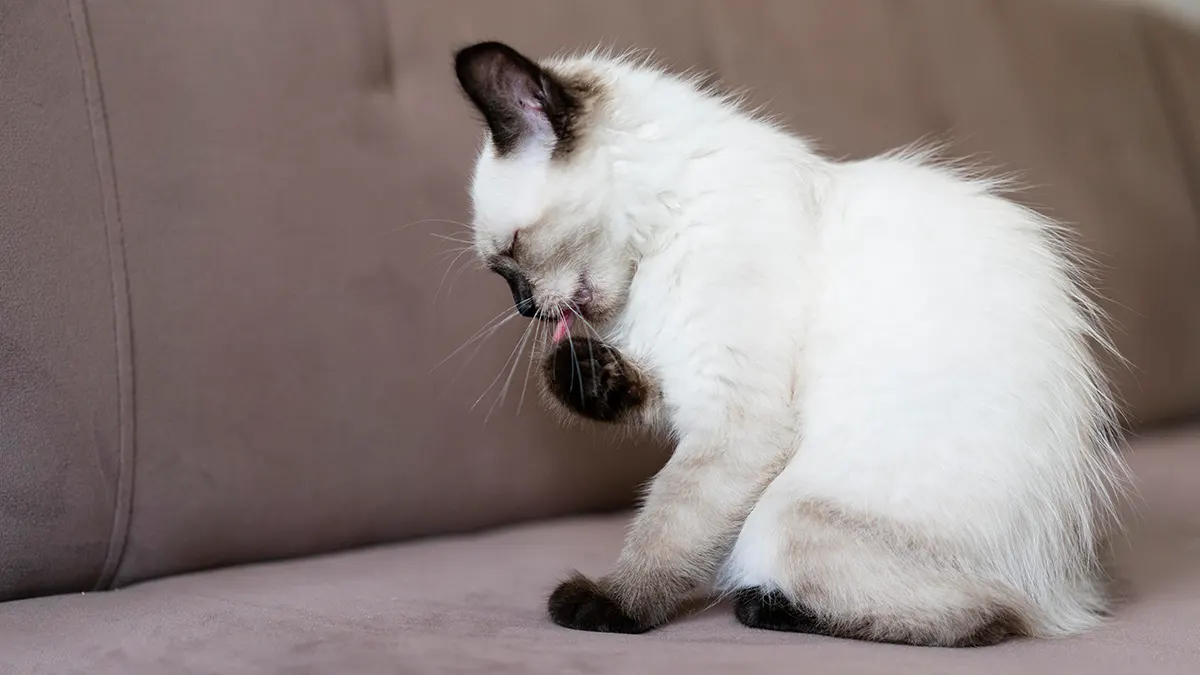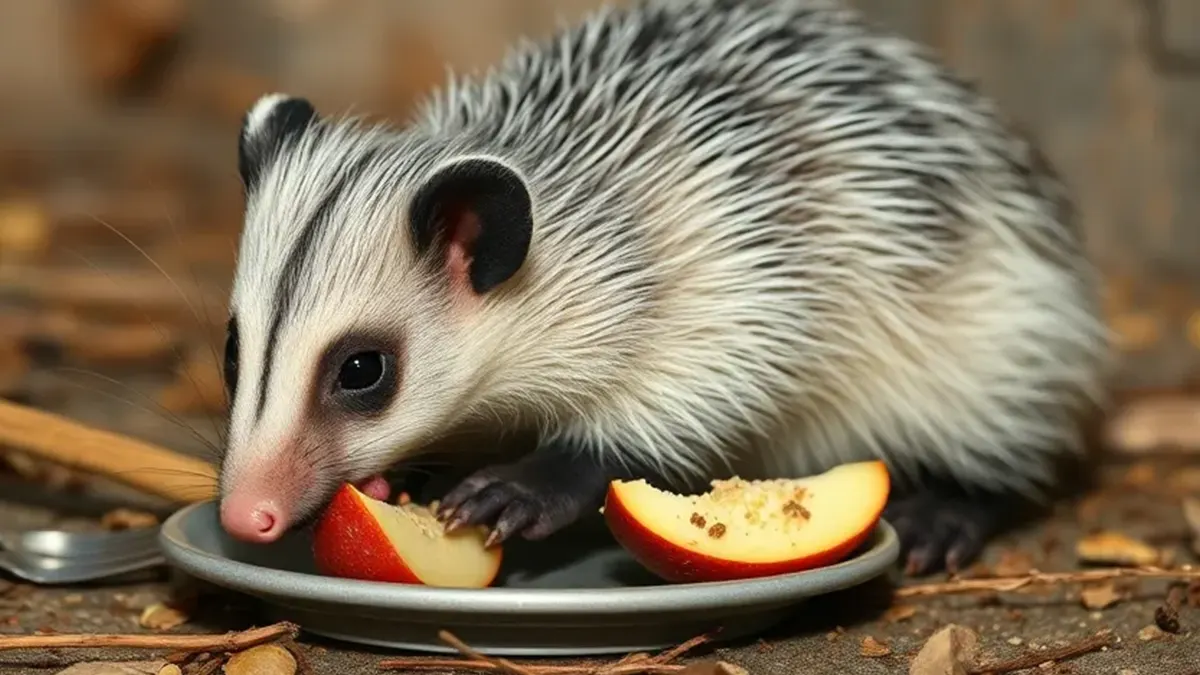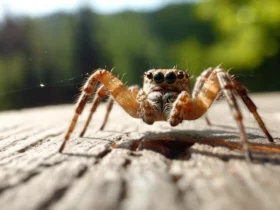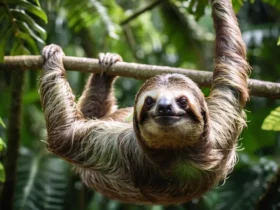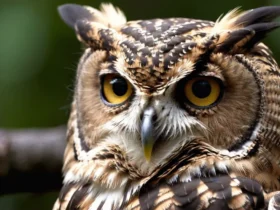What Do Opossums Eat ? Opossums are omnivores with a varied diet that includes insects, small mammals, birds, fruits, vegetables, and carrion. What Do Opossums Eat ? They adapt well to both wild and urban environments, often scavenging through trash and eating pet food. Their diet changes with the seasons, allowing them to thrive in diverse habitats.
Table of Contents
Overview of Opossums’ Diet
Opossums are omnivorous, meaning they eat both plant and animal matter. Their opportunistic feeding behavior allows them to thrive in a wide range of environments, from forests to urban areas. Opossums are not picky eaters and will consume whatever food sources are readily available. This adaptability is one of the reasons they have successfully expanded their range across North and South America.
Animal-Based Diet
Opossums consume a wide variety of animal-based foods, which make up a significant portion of their diet. Here are some of the common animal-based foods they eat:
1. Insects
Insects form a large part of an opossum’s diet. They consume beetles, grasshoppers, crickets, and cockroaches, helping control insect populations. Their ability to feed on insects is particularly beneficial in agricultural areas, where they serve as natural pest controllers.
2. Small Mammals
Opossums also eat small mammals such as mice and rats. While they usually target smaller animals, they are opportunistic and may prey on young or sick animals. Their scavenging behavior means they may also eat roadkill or carcasses left by other predators.
3. Birds and Eggs
Opossums are known to raid bird nests, eating both eggs and young birds. This can be a point of conflict with humans who keep poultry, as opossums may sometimes attack chickens or other small birds.
4. Amphibians and Reptiles
Opossums occasionally feed on amphibians and reptiles, including frogs, toads, and snakes. Their varied diet allows them to take advantage of these prey when available.
5. Carrion
Opossums are scavengers, meaning they will consume dead animals they come across. Carrion, or dead animals, forms an important part of their diet, especially when fresh food sources are scarce. This scavenging habit helps maintain ecological balance by aiding in the decomposition process.
Plant-Based Diet
Opossums supplement their animal-based diet with a variety of plant matter. In fact, fruits and vegetables are often consumed when available, particularly in urban areas where gardens and orchards provide easy access to food. Some of the plant-based items opossums eat include:
1. Fruits
Fruits are a favorite food of opossums. They consume a wide range of fruits, including apples, berries, grapes, bananas, and persimmons. In the wild, they forage for these fruits when they are in season. In urban areas, they may raid gardens or fruit trees to find these sweet treats.
2. Vegetables
While not as fond of vegetables as they are of fruits, opossums will eat various vegetables if available. Commonly eaten vegetables include tomatoes, corn, and leafy greens. Again, this is more likely in urban or suburban environments where gardens provide easy access.
3. Nuts and Seeds
Opossums will occasionally eat nuts and seeds, although they are not a primary component of their diet. Nuts such as acorns, chestnuts, and walnuts provide a source of fat and energy, especially during colder months.
4. Grains
In areas where humans are present, opossums may consume grains from leftover human food, bird feeders, or pet food. Corn, rice, and wheat can be part of their diet, especially when natural food sources are scarce.
Opossums as Urban Foragers
Opossums are highly adaptable to urban environments, and this is reflected in their diet. In cities and suburban areas, they often forage through trash cans, dumpsters, and pet food left outside. Their scavenging behavior allows them to survive in areas where food might otherwise be scarce.
1. Human Food Waste
Opossums frequently eat discarded human food, including leftovers and spoiled food items. This includes everything from fast food remnants to spoiled fruits and vegetables thrown in the garbage.
2. Pet Food
Opossums are known to eat pet food, especially if it’s left outside overnight. They are attracted to both dog and cat food, as it provides them with a quick, easy meal. This can be a point of concern for pet owners, as opossums can become frequent visitors if they know food is available.
3. Compost
In some cases, opossums will forage through compost piles for food scraps. Fruit and vegetable peels, old bread, and other compostable items are attractive to these opportunistic foragers.
Seasonal Variations in Diet
Opossums’ diet changes with the seasons. During the warmer months, they have access to a wider variety of food, including insects, fruits, and small animals. As temperatures drop in the winter, food becomes scarcer, and opossums rely more heavily on scavenging carrion and human food waste to survive.
In the fall, opossums tend to eat more fruits and nuts to build up fat reserves for the winter months when food is harder to find. This seasonal variation helps them maintain their energy levels during cold weather when they need to conserve energy and limit their foraging activities.
Impact of Opossums on Ecosystems
Opossums play an essential role in ecosystems due to their diverse diet. As scavengers, they help clean up dead animals, reducing the spread of disease. By eating insects and small mammals, they help control populations that could otherwise become pests. In agricultural areas, opossums can be beneficial by reducing crop-damaging insects and rodents.
However, their habit of raiding bird nests and consuming eggs can negatively impact bird populations, particularly in areas where endangered bird species are present.
How to Deter Opossums from Your Property
While opossums can be beneficial by controlling pests, some homeowners may prefer to keep them away from their property, particularly if they are raiding trash cans or eating pet food. Here are some tips to deter opossums:
- Secure Trash Cans: Make sure trash cans have tight-fitting lids to prevent opossums from rummaging through them.
- Remove Pet Food: Avoid leaving pet food outside overnight, as this can attract opossums and other wildlife.
- Seal Entry Points: If you want to keep opossums out of your home or garage, make sure to seal any entry points they could use to get inside.
- Use Motion-Activated Lights: Opossums are nocturnal and tend to avoid brightly lit areas. Motion-activated lights can help deter them from foraging in your yard.
Conclusion
Opossums have an incredibly varied diet that allows them to adapt to many different environments. Whether foraging in the wild or scavenging in urban areas, these omnivores will eat whatever food is available, from insects and small mammals to fruits, vegetables, and even human food waste. Their ability to consume such a diverse range of foods is a key factor in their survival and widespread presence across the Americas. Understanding what opossums eat helps shed light on their role in ecosystems and how they interact with both the natural world and human habitats.



